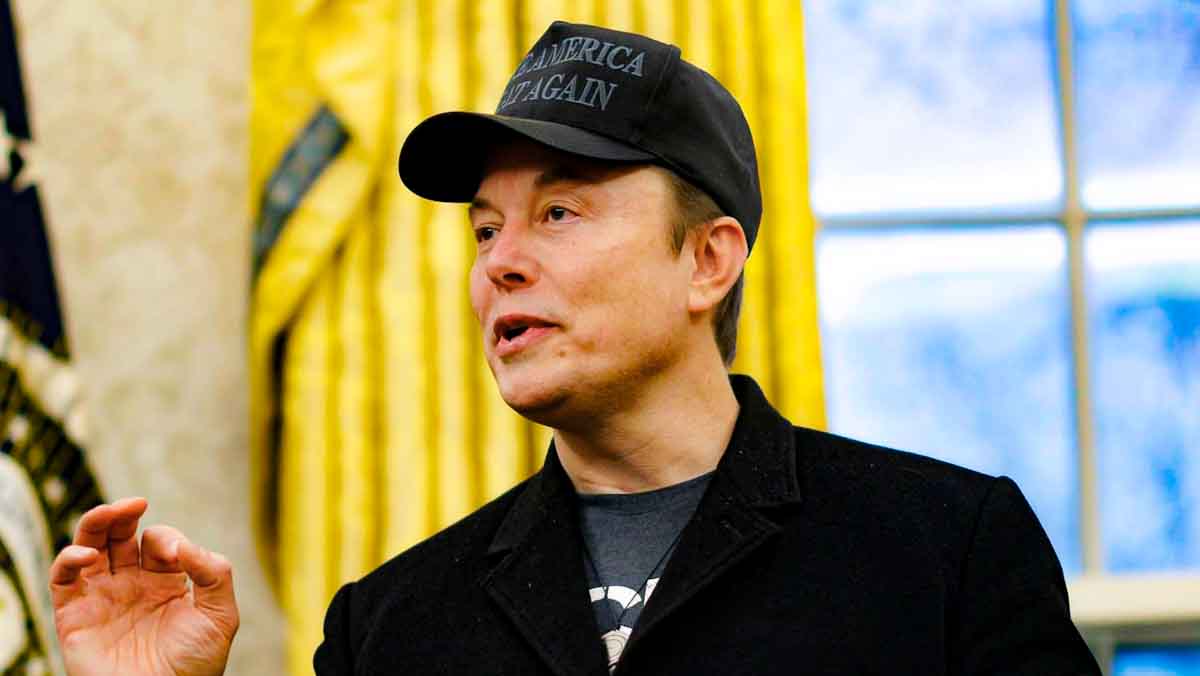On February 20, 2025, Elon Musk, the billionaire entrepreneur and X platform owner, stirred international attention with a blunt tweet: “This guy is a tyrant, not a judge.” The post, directed at Marian Enache, the head of Romania’s Constitutional Court, referenced a thread by journalist Mario Nawfal detailing Romania’s ongoing political turmoil.
This guy is a tyrant, not a judge https://t.co/ghE9X4W5G3
— Elon Musk (@elonmusk) February 20, 2025
Musk’s comment, posted at 14:58 PST, quickly amassed reactions, amplifying a heated global debate about democracy, judicial overreach, and foreign influence in elections.
Musk’s tweet responds to Nawfal’s report on Enache’s refusal to yield to alleged U.S. pressure to ensure fair elections in Romania, particularly regarding the candidacy of Călin Georgescu. Georgescu, a populist figure compared to Donald Trump, emerged as a frontrunner in Romania’s November 2024 presidential election.
However, the election was abruptly canceled by the Constitutional Court just days before the runoff, citing “Russian interference” and irregularities on social media platforms like TikTok. This decision, polarizing Romanians and sparking protests, has raised questions about the court’s motives and its alignment with Western democratic norms.
Musk’s characterization of Enache as a “tyrant” reflects a growing skepticism toward judicial and bureaucratic institutions perceived as thwarting democratic will. The web results and X threads provide context: Romania’s Constitutional Court voided the election after declassified intelligence suggested Russian-backed campaigns boosted Georgescu, a critic of NATO and supporter of pro-Russian policies.
U.S. officials, including Secretary of State Antony Blinken, expressed concern about foreign interference, while Romania’s Foreign Ministry denied U.S. pressure. Yet, Musk’s tweet suggests a deeper narrative—accusing Enache of abusing judicial power to suppress a legitimate candidate, potentially at the behest of global elites or foreign entities.
This controversy mirrors broader tensions in Europe and the U.S. about democratic integrity. Georgescu’s rise, likened to Trump’s populist appeal, alarmed Romania’s pro-European establishment and NATO allies, who fear his potential alignment with Russia.
The court’s decision, upheld by Enache, has been criticized as a “coup d’état” by figures like U.S. Senator J.D. Vance, as seen in Nawfal’s interviews. Musk’s intervention aligns with his history of championing free speech and opposing perceived overreach by governments or institutions, such as his clashes with former EU Commissioner Thierry Breton over censorship.
The implications extend beyond Romania. Nawfal’s threads and web reports suggest Romania could serve as a “test case” for election manipulation in Europe, with Germany’s upcoming elections also under scrutiny.
Musk’s tweet, echoing sentiments from X users like Kenneth_TCG and Stop Socialist Tyranny, taps into a narrative of distrust toward entrenched judicial and political systems. Responses to Musk’s post range from calls for U.S. anti-corruption laws to sarcastic jabs about European “bad guys,” reflecting a polarized discourse on sovereignty and intervention.
From a U.S. perspective, the situation raises questions about America’s role in global democracy. The web results from Reuters and BBC highlight U.S. concerns about Russian interference in Romania, yet Musk’s critique implies skepticism of U.S. influence, too.
If Enache is indeed acting under foreign pressure—whether from the U.S., EU, or Russia—his refusal to bend could be seen as defending Romanian sovereignty, as some X users argue. However, if the court’s actions are politically motivated to block Georgescu, Musk’s “tyrant” label gains traction, painting Enache as a tool of an undemocratic elite.
Musk’s tweet also underscores his growing influence as a political commentator. With over 180 million followers on X, his posts can shape public opinion and pressure governments. The timing—amid Romania’s planned May 2025 elections and U.S. domestic debates about democracy—amplifies the tweet’s impact.
Critics might argue Musk’s statement oversimplifies a complex issue, but supporters see it as a bold stand against authoritarianism, consistent with his support for figures like Trump and Georgescu.
Romania’s crisis highlights the fragility of democratic institutions in the face of geopolitical rivalry. The country, a NATO and EU member, is caught between Western alliances and internal populist movements.
Georgescu’s allegations of a U.S. and EU-orchestrated “coup,” as cited in Nawfal’s interviews, resonate with Musk’s narrative of elite overreach. Meanwhile, Enache’s defense of the court’s ruling—dismissing calls for Georgescu’s candidacy as “anti-democratic”—fuels accusations of hypocrisy, given the court’s own controversial actions.
Ultimately, Musk’s tweet serves as both a lightning rod and a mirror, reflecting global anxieties about democracy’s future. Whether Enache is a “tyrant” or a guardian of Romania’s legal order remains debated, but Musk’s intervention ensures the issue stays in the spotlight.
As Romania prepares for new elections and the world watches, this episode underscores the delicate balance between national sovereignty, foreign influence, and the will of the people—a balance Elon Musk, for better or worse, is now helping to redefine.
